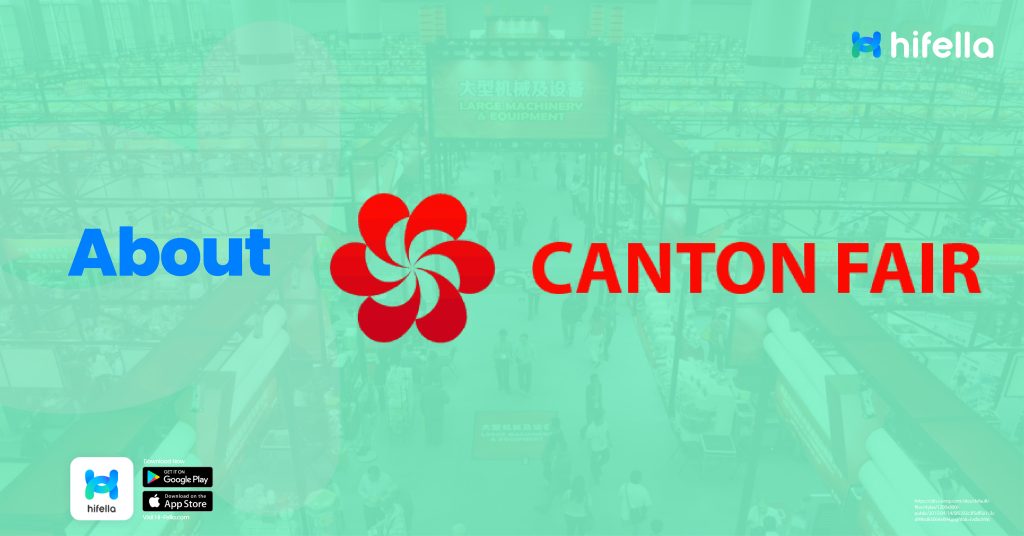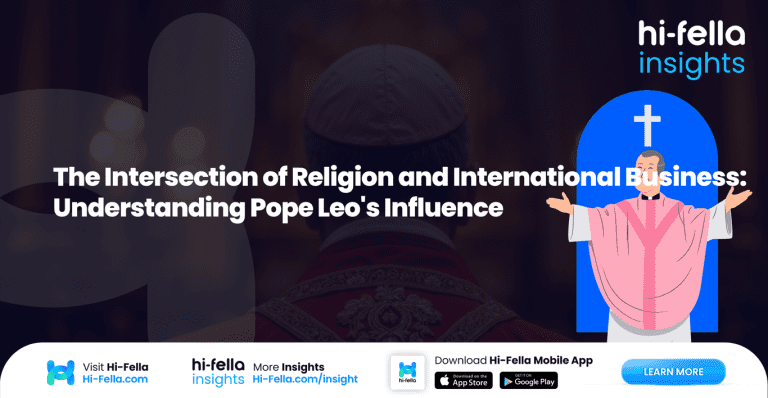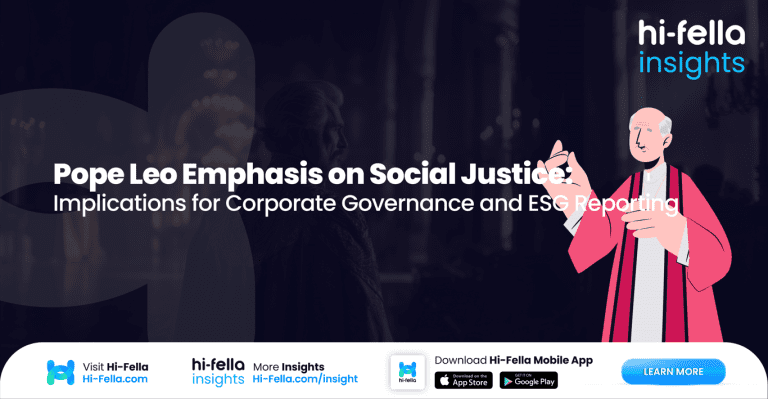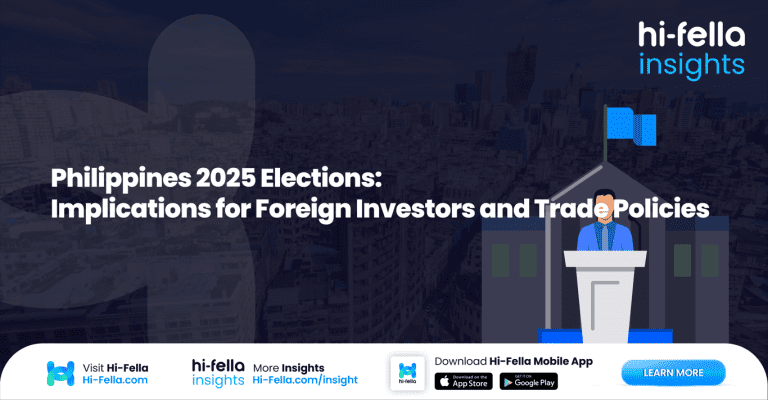The Canton Fair, also known as the China Import and Export Fair, is one of the largest and most comprehensive trade fairs in the world.
After knowing about the canton fair, it is also often recognized as an important platform for entrepreneurs, importers, exporters, retailers, investors and business professionals to explore international trade opportunities, especially in the Chinese market. Let’s find out more about canton fair!
About Canton Fair
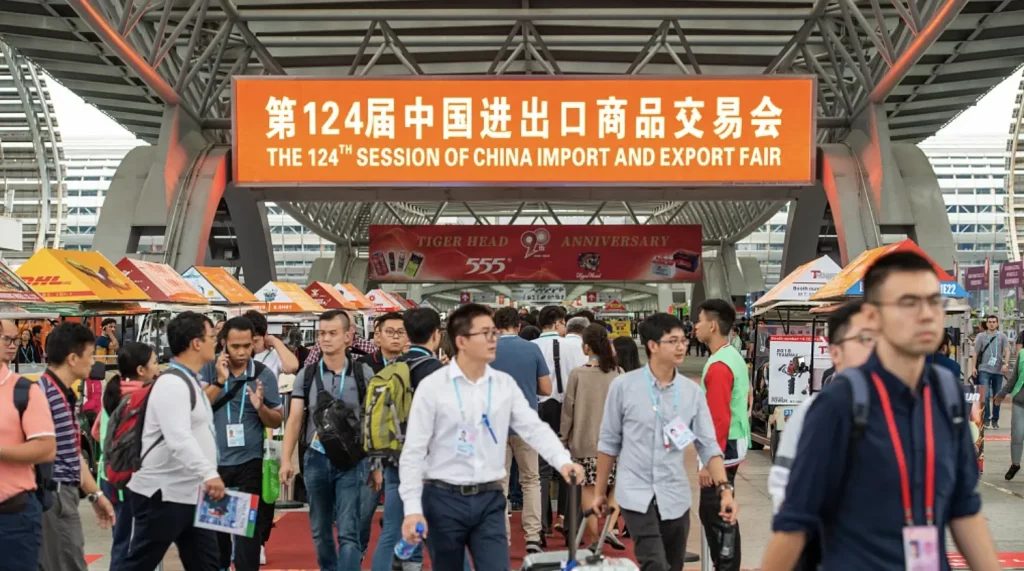
Source: CGTN
Let’s delve about Canton Fair, discovering its rich history, diverse product categories, and the opportunities it offers for businesses worldwide.
History of Canton Fair
The China Import and Export Fair, commonly known as the Canton Fair, is one of the most significant events on the global trade calendar.
Since its first edition in 1957 in Guangzhou, China, this biannual fair has grown into a major platform for importing and exporting across various industries, showcasing products from multiple sectors every spring and autumn.
Co-hosted by the Ministry of Commerce of the People’s Republic of China (PRC) and the People’s Government of Guangdong Province, and organized by the China Foreign Trade Centre, each spring and autumn event is meticulously planned and executed.
The upcoming 136th Canton Fair will mark another important milestone in its long and prestigious history. Set for Fall 2024 and held at the expansive Canton Fair Complex in Guangzhou, this edition promises to continue the tradition of promoting international trade and business interactions.
The Canton Fair is carefully organized into three phases, each focusing on specific industries or products, allowing participants to maximize their participation in this global trade event.
Scale and Scope about Canton Fair
The Canton Fair spans over 1.18 million square meters, featuring more than 60,000 booths and attracting over 25,000 exhibitors from around the world.
The fair covers a wide range of industries, making it a one-stop destination for businesses looking to source products or expand their market reach.
About Canton Fair Product Categories
The Canton Fair is divided into three phases, each focusing on different product categories:
1. Phase 1
Electronics & Household Electrical Appliances, Vehicles & Spare Parts, Machinery, Hardware & Tools, Building Materials, and Lighting Equipment.
2. Phase 2
Consumer Goods, Gifts, and Home Decorations.
3. Phase 3
Textiles & Garments, Shoes, Office Supplies, Cases & Bags, and Foods.
Leveraging Opportunities at Canton Fair
The Canton Fair is a great opportunity for businesses to connect, find a new partner, and stay updated on industry trends.
It’s a chance to explore a wide range of products, interact with manufacturers, and discuss deals face-to-face.
How to Participate and Tips for Success in Canton Fair
Participating in the Canton Fair can be a rewarding experience for businesses looking to expand their reach and explore new opportunities in the global market. Here are some tips for success:
1. Registration and Preparation
To participate in the Canton Fair, businesses need to register in advance through the official website.
Early registration ensures better planning and preparation. It is advisable to schedule meetings with potential partners beforehand and create a clear agenda to make the most out of the event.
2. Navigating the Canton Fair
Because the fair is so big, it’s important to plan how you’ll get around. Focus on the parts that matter most to you, and make sure you have enough time for each area. Use the fair’s app and maps to help you find your way around more easily.
3. Effective Networking
Networking is important at the Canton Fair. Bring lots of business cards, have a short introduction ready, and be prepared to talk to people. Making connections with exhibitors and other attendees can lead to good business opportunities.
4. Logistics and Accommodation Guide
Traveling to Guangzhou for the Canton Fair requires careful planning. Here are some tips:
- Flights and Transportation
Book your flights early to get the best prices. Guangzhou Baiyun International Airport is the closest airport to the fair. You can use the city’s public transport system or arrange for a private transfer.
- Accommodation
Hotels near the Pazhou Complex, where the fair is held, fill up quickly. It’s a good idea to book your accommodation early. You might also consider staying in nearby areas for more options and potentially lower rates.
- Visas
Make sure you have the right visa to enter China. Business visas are usually required for fair attendees.
Explore More Trade Opportunities with Hi-Fella Online Exhibition
For those seeking additional trade opportunities, the Hi-Fella Online Exhibition is a good option. This digital platform allows businesses to showcase their products and connect with international buyers, all without the need for travel.
Joining the Hi-Fella Online Exhibition opens up new avenues for expanding your global trade network. Be sure to check out our banner for more details and get involved today!
In conclusion, while the Canton Fair remains a crucial event for global trade, the Hi-Fella Online Exhibition offers a modern and convenient alternative.
By understanding the important about Canton Fair and Hi-Fella events and also following the tips provided, you can maximize your business growth and connections in today’s digital age.

